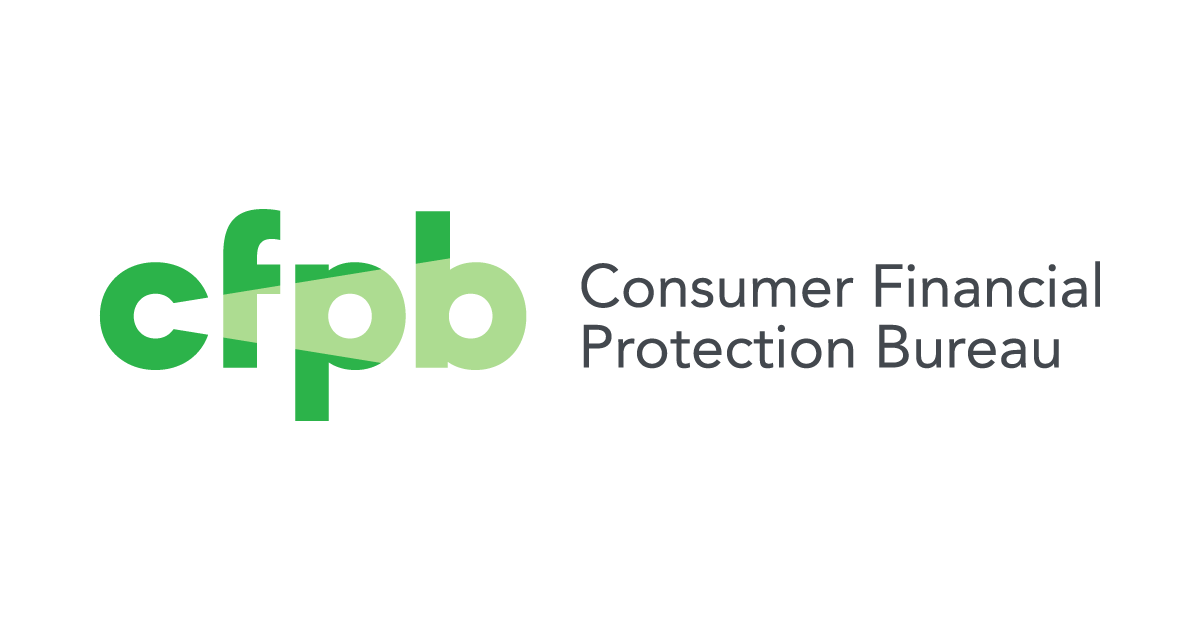WASHINGTON, D.C. – Today, the Consumer Financial Protection Bureau (CFPB) published an analysis of how actions announced by the three largest national consumer reporting companies – Experian, Equifax, and TransUnion – will affect people who have allegedly unpaid medical debt on their credit reports. Nearly half of those with medical collections appearing on their credit reports will continue to see them there even after the changes fully go into effect next year. The medical collection tradelines that will remain on credit reports after the changes will likely represent a majority of the dollar amount of all medical collections currently reported.
“The credit reporting system should not be used to coerce people into paying medical bills that they do not owe,” said CFPB Director Rohit Chopra. “Today’s report analyzes recent changes announced by the Big Three credit reporting conglomerates, and it is clear that more work must be done to address medical debt credit reporting problems.”
The report finds the changes likely will result in the majority of individual medical collections tradelines being removed from credit reports. However, in terms of dollar amount, a large majority of reported medical collections likely will still remain. The report also highlights the characteristics of consumers with reported medical collections currently, and provides a state-by-state breakout of how the credit reporting changes will impact consumers’ credit reports.
Past research by the CFPB and others suggest that medical collections are less predictive of future repayment risk than other collections or payment history on loans. Despite that, many lenders, insurers, landlords, and others continue to rely on older credit scoring models that penalize individuals with medical collections included on their credit report. This can impact an individual’s ability to buy or rent a home, raise the cost of an auto loan or car insurance, or make it more difficult to find or keep a job.
Among other findings from today’s report:
- Two-thirds of medical collections on credit reports will no longer be reported. Starting in 2023, medical collections tradelines less than $500 will no longer be reported on consumer credit reports. Medical bills under $500 are significantly more likely to remain on a credit report for longer than medical bills over $500. For patients and families who have only relatively small outstanding medical bills, the $500 threshold could mean a large reduction in coercive credit reporting.
- Announced changes will likely have varied geographic impact. Patients and families living in states in the north and east of the U.S. have higher concentrations of medical debt that are paid. Residents of these states also have higher concentrations of medical debt with lower balances. As a result, people living in the north and east are more likely to benefit from the national credit reporting companies’ announcement. West Virginians appear particularly well-situated to benefit, with more than 80% of medical collections associated with consumers in West Virginia likely to be removed.
- Certain groups will receive less relief. Although residents of lower income, majority Black or Hispanic census tracts are more likely to have medical collections tradelines on their credit reports than residents of high income and majority white census tracts, they are slightly less likely to benefit from the announced changes by having all their medical collections tradelines removed.
The changes announced by Experian, Equifax, and TransUnion followed a CFPB report published earlier this year that highlighted how medical bills are a burden on one in every five consumers who are forced into an opaque system to resolve billing and credit reporting issues.
Because of the nature of the data used, the CFPB report does not examine the impact of the national credit reporting companies’ extension of the time between referral of the medical bill for collections and the reporting of the medical bill from six months to one year. The change, like the Department of Veterans Affairs (VA) February announcement that it would require all other collection efforts to be exhausted before credit reporting VA benefits or medical debts, should reduce the impact of coercive credit reporting, and mean that many more medical billing disputes are resolved before credit reporting occurs.
Read the full report, Paid and Low-Balance Medical Collections on Consumer Credit Reports.
Consumers can submit credit reporting complaints by visiting the CFPB’s website or by calling (855) 411-CFPB (2372).
The Consumer Financial Protection Bureau is a 21st century agency that implements and enforces Federal consumer financial law and ensures that markets for consumer financial products are fair, transparent, and competitive. For more information, visit consumerfinance.gov.
Official news published at https://www.consumerfinance.gov/about-us/newsroom/cfpb-publishes-analysis-of-potential-impacts-of-medical-debt-credit-reporting-changes/
Images courtesy of PixaBay
The post CFPB Publishes Analysis of Potential Impacts of Medical Debt Credit Reporting Changes first appeared on RSVTV news.
originally published at Finance - RSVTV news

